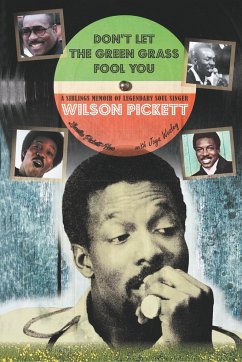"The history of the English throne in the age of the Tudors is rife with intrigue, persecution, war, and paranoia. From the domineering shadow of Henry VIII to the successful reign of Elizabeth I, via the boy king Edward VI and Mary Tudor's brief and bloody rule, the political turmoil of the sixteenth century remains a continuous obsession and point of reference in British history. But in the midst of religious and political power struggles, there was one man, completely detached from all of this, with whom King Henry spent perhaps more time than any other; a man whose presence at the absolute centre of the corridors of power during the Tudor era today seems like a flagrant anomaly; a man who had constant access to the king's most private quarters and who very possibly was alone with him on a daily basis, but whose importance has been sidestepped in favour of politicians, bishops, philosophers, councillors, courtiers, lords, ladies and other royalty. His name was William Somer and he was Henry VIII's fool. Of all the cultural expressions of the early modern age, the enduring office of the court fool remains one of the most elusive. The strange placement of a commoner, perhaps with some form of disability, in the midst of power and political intrigue seems from the modern perspective both grotesque and contradictory. Modern readers, at least in the anglophone world, first learn about the court fool as a literary device, and often in Shakespeare, though scattered throughout history books are anecdotes and myths about fools, and in court records and archives can be found records of payment to fools. This book is an exploration of what is known about Somer, who became Henry VIII's court fool in the 1530s and remained in office until the ascension of Elizabeth I. A biographical profile of Somer emerges in letters, portraits, account books, advice literature, contemporary fiction, and memoirs, and through Somer we learn how Henry and other monarchs more generally related to commoners, how noblemen and courtiers viewed disabled or non-elite individuals, and how early modern humour was shaped by the enduring image of the court fool, a figure who in many ways constitutes the precursor of the modern comedian"--
Hinweis: Dieser Artikel kann nur an eine deutsche Lieferadresse ausgeliefert werden.
Hinweis: Dieser Artikel kann nur an eine deutsche Lieferadresse ausgeliefert werden.








